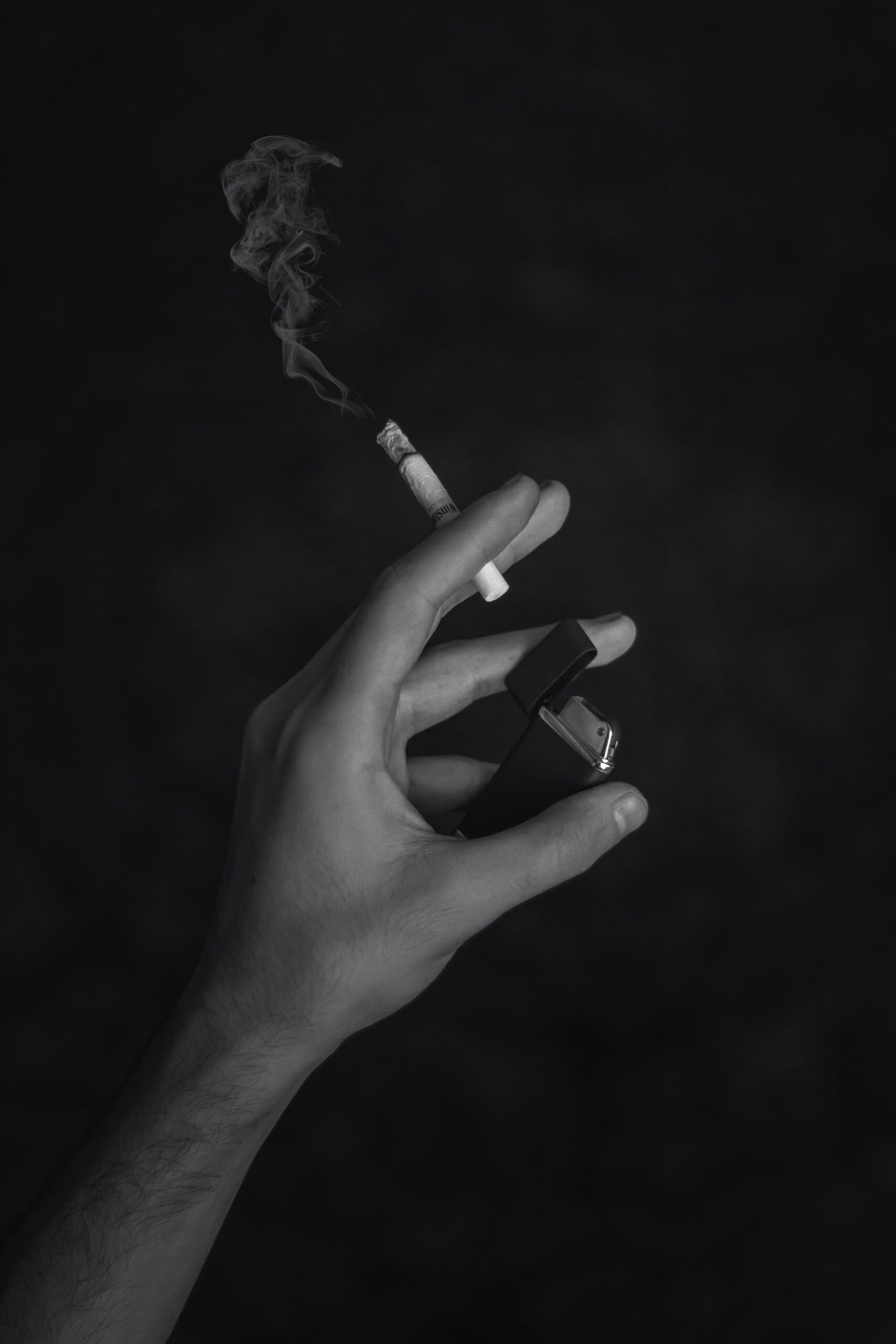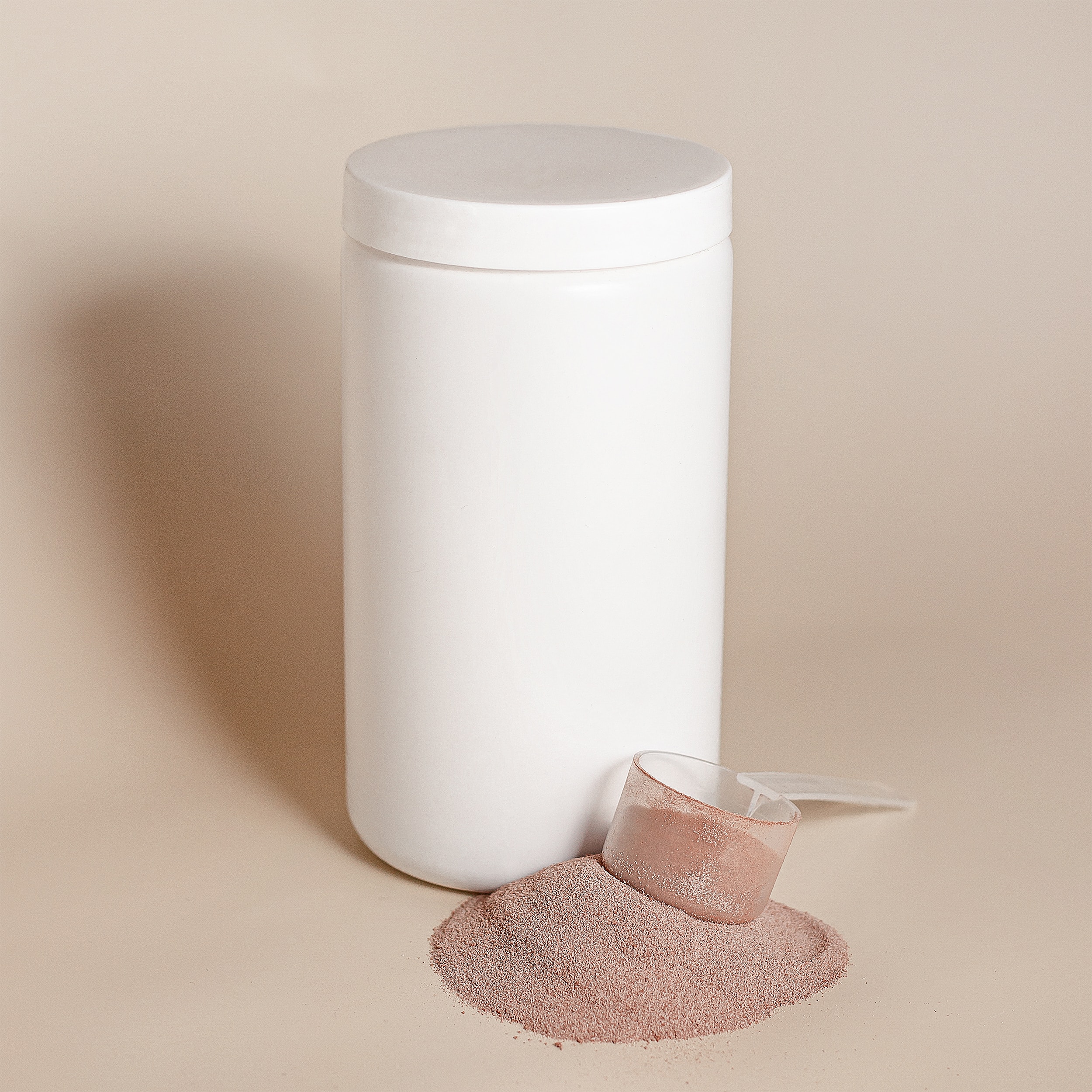Trichotillomania – Treating The Cause As Well As The Symptoms
17th December 2010
I’ve seen a lot in the press recently about the rise in cases of trichotillomania and the requests for more help from the NHS to help those suffering from the condition. It appears that cases of the impulse control disorder are becoming more and more common in the UK.
It’s sad to hear that the most common reaction from local doctors is to say ‘stop it, just don’t do it’. As anyone who’s ever had any experience with addiction will know, telling someone to ‘stop it’ won’t address the problem, let alone fix it.
I feel that what’s needed from the NHS is psychological help, such as cognitive behavioural therapy, to be more readily available to those who suffer from the disorder. This type of treatment will aim to deal with the cause of the problem to help sufferers overcome the disorder.
Performing hair transplantation can fix the visible symptoms of the condition, but this can only be considered once the cause has been addressed and the psychological issues have been successfully treated. Even then there is a risk that the individual can pull the hair out again.
What’s needed is for the NHS to take more responsibility in providing treatment for the psychological factors that can lead to trichotillomania.


